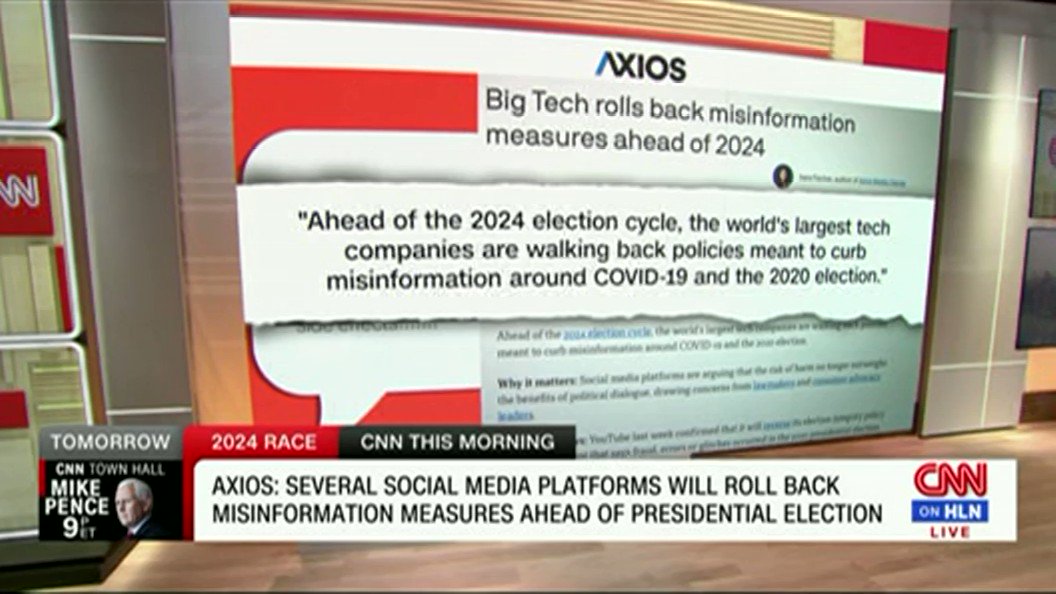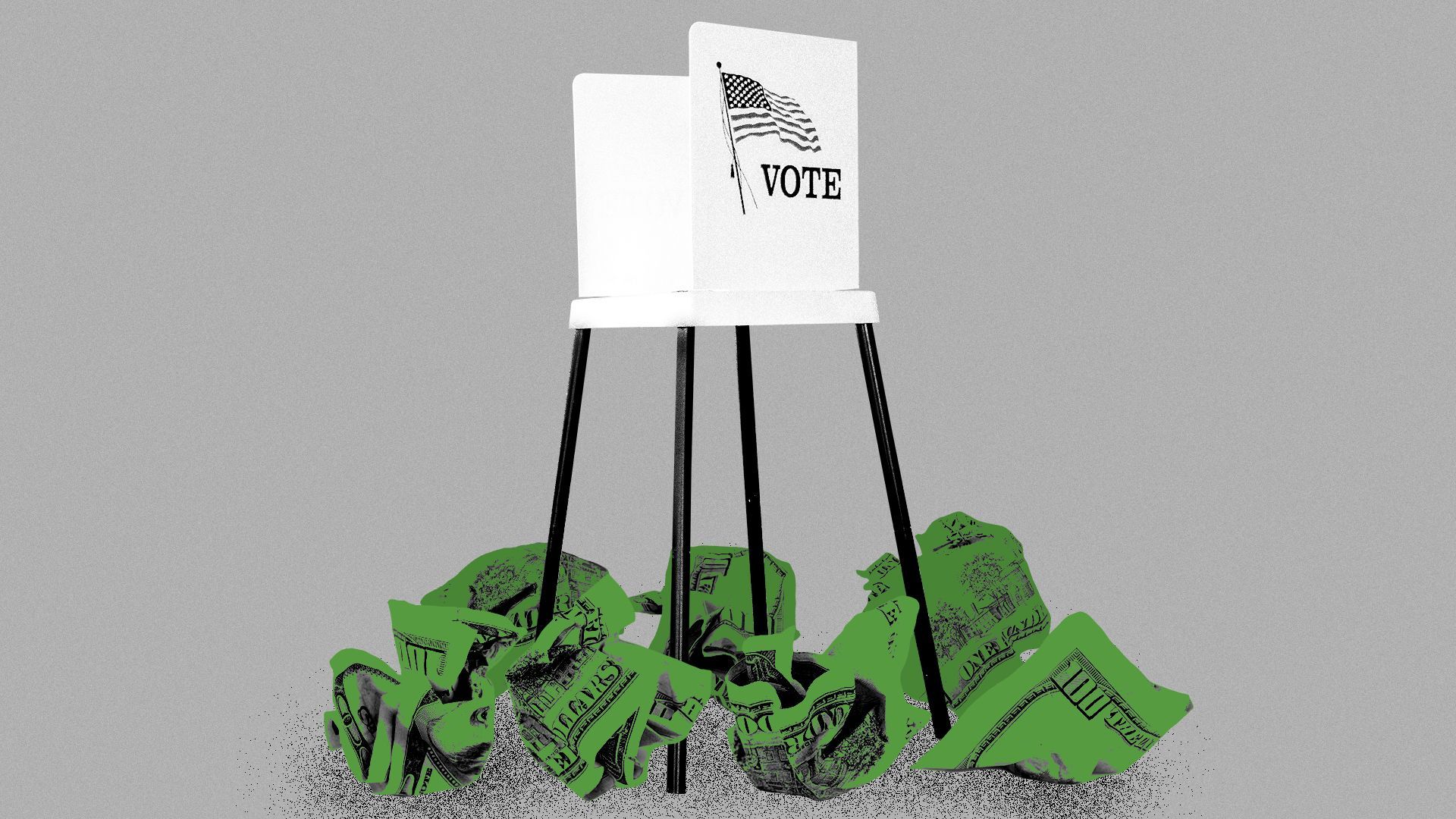The biggest tech corporations in the world are reversing regulations intended to stop disinformation about COVID-19 and the 2020 election in advance of the 2024 election cycle. Why it’s important Concerns from politicians and heads of consumer advocacy organisations have been raised by social media firms’ claims that the danger of damage no longer exceeds the advantages of political discourse. After enough states had approved the results of the 2020 election, YouTube introduced the policy in December of that year. In a statement, the business warned that maintaining the policy might “curtail political speech without significantly reducing the risk of violence or other real-world harm.”
Robert F. Kennedy Jr.’s Instagram account was restored by Meta on Monday after it was deleted in 2021 for spreading false information regarding COVID. At the time, Meta claimed that this content broke the COVID disinformation guidelines. The Children’s Health Defence nonprofit’s Instagram and Facebook profiles were also deleted by Meta. These accounts are still suspended.
The account was restored, according to a representative for Meta, since “he is now an active candidate for president of the United States.” Kennedy Jr., a well-known opponent of vaccinations and the nephew of former president John F. Kennedy, declared his intention to challenge Vice President Biden in the 2024 Democratic primary. Kennedy Jr. complained through Twitter last week that he was unable to sign up for any Instagram accounts.
For instance, broadcast media cannot control or reject political advertisements because they include untruths. That notion has been reinforced by Meta for a while, which controls political discourse and speech from international leaders differently than it does for regular accounts. YouTube appears to be moving in the same direction.

What they’re saying: “The problem isn’t that election distortion exists, but rather that social media as a product amplifies disinformation-at-scale, which makes it everyone’s problem now,” said Joan Donovan, a misinformation specialist and author of the book “Meme Wars.” Fact-checking is a more effective countermeasure to disinformation than speech-blocking, according to Kathleen Hall Jamieson, president of the Annenberg Public Policy Centre and creator of Factcheck.org, with a few exceptions, such as real-time instigation of violence and threats to one’s health.
“Flood the zone with the best available information,” she advises, “and make sure that once the misinformation gets up there, you’re providing corrective context and good information up next to it.” True, but The trust and safety personnel on most significant platforms in the run-up to the 2024 election have been harmed by layoffs and cost-cutting efforts at Big Tech companies. Several websites, including YouTube, Twitter, and Reddit, have blocked well-known white supremacist accounts including those of Richard Spencer and David Duke. (Most of those accounts have now been restored by Twitter under Elon Musk.)
Following the 2020 Hunter Biden laptop scandal, when social media networks prevented the circulation of a New York Post article out of concern that it may be fake or include material that had been obtained illegally, platforms started to be more careful when limiting content. The broader picture is that since Musk acquired Twitter and pledged to implement “free speech”-first regulations, the site has attracted politicians who feel marginalised by broader Tech.

In November of last year, the firm announced that it would no longer enforce its COVID misinformation policy. In January, it reinstated the accounts of well-known election sceptics, and in April, it scaled back its anti-misgendering standards. Last week, as Meta disabled his accounts, Kennedy Jr. praised Twitter for letting “my campaign and me to have a voice” in a tweet thread. Soon after, Kennedy Jr. announced that he will join Musk on Monday for an audio event on Twitter Spaces. Musk has previously stated that he would invite any presidential candidate to attend an event similar to the one he organised for Florida Governor Ron DeSantis.
After primarily prohibiting them starting in 2019, Twitter stated earlier this year that it wants to restart taking certain political advertisements. After a two-year prohibition, Spotify reinstated the majority of political adverts last year. In keeping with the ad standards of Disney’s cable networks, Disney said last year that Hulu will take political issue commercials in addition to campaign ads.
For more such updates, keep reading techinnews



